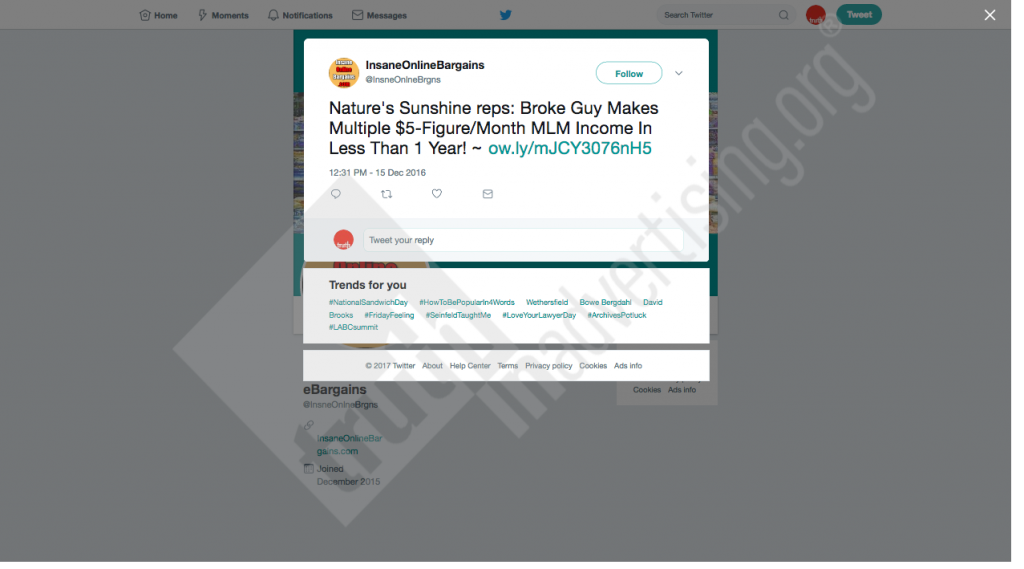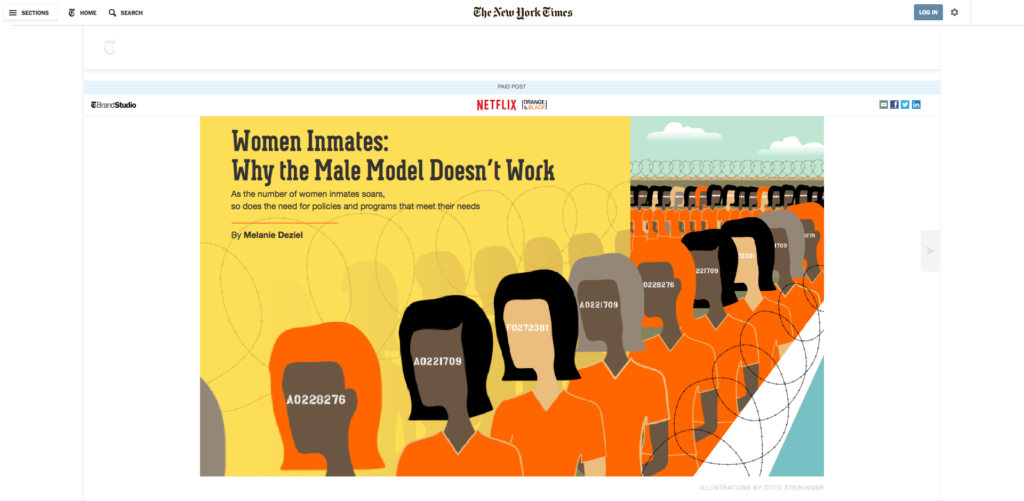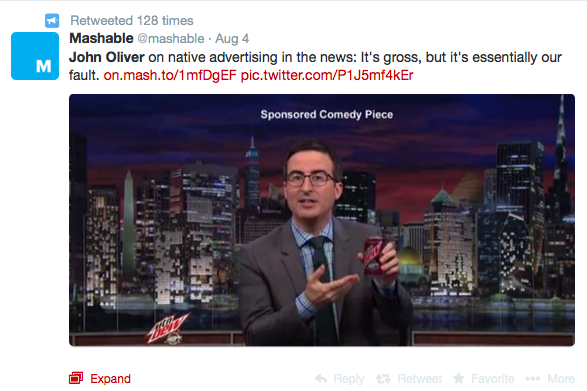
Breaking Down the Relationship between Brands and Teens
Today’s teenagers are uniquely positioned in the marketing world.
John Oliver has it right. In eleven minutes, the host of HBO’s Last Week Tonight has summed up the thorny and misleading issues surrounding the ever-expanding world of native advertising, aka branded content and sponsored content.
Oliver called out Buzz Feed –while acknowledging that HBO paid for content to promote his show on the site. 
He also pointed to Time Inc. whose CEO said it has eliminated the wall between advertising and editorial and that “its editors will be working for the business side of the equation,” and the New York Times, whose paid-for story on women in prison by Netflix to promote its Orange is the New Black series he acknowledged was well-done.

We here at TINA.org have been keeping a watchful eye on branded content. As a journalist, I know very well the financial pressures facing media organizations who are struggling to survive in a digital frontier where content is often free. I also know from experience that publishers have always, always, faced pressure from advertisers who from time to time would threaten to stop advertising in the publication if it published a story that put the company in a negative light. All this went on behind the scenes but good editors and publications resisted, refusing to kill a story.
Mashable, which engages in native advertising, made note in a tweet about the segment of Oliver’s point that readers don’t like to pay for news. 
Maybe so. But readers aren’t to blame. The issue is really simple and falls into the truth in labeling category. Consumers of news have the right to know if a particular piece of content was written, produced and paid for by a particular company, whether it makes them less likely to click on it or not. It is the FTC rule. Editors, writers and media outlets should insist on this.
Thanks John. We couldn’t have said it better ourselves.
Today’s teenagers are uniquely positioned in the marketing world.
These brand collabs are far from fab.
And why the problem is even worse when those human viewers are kids.

